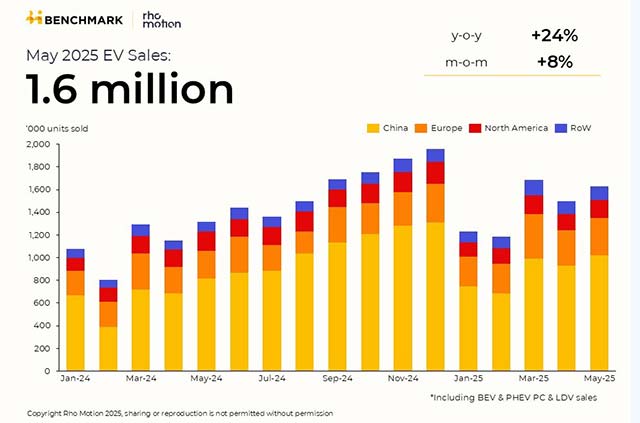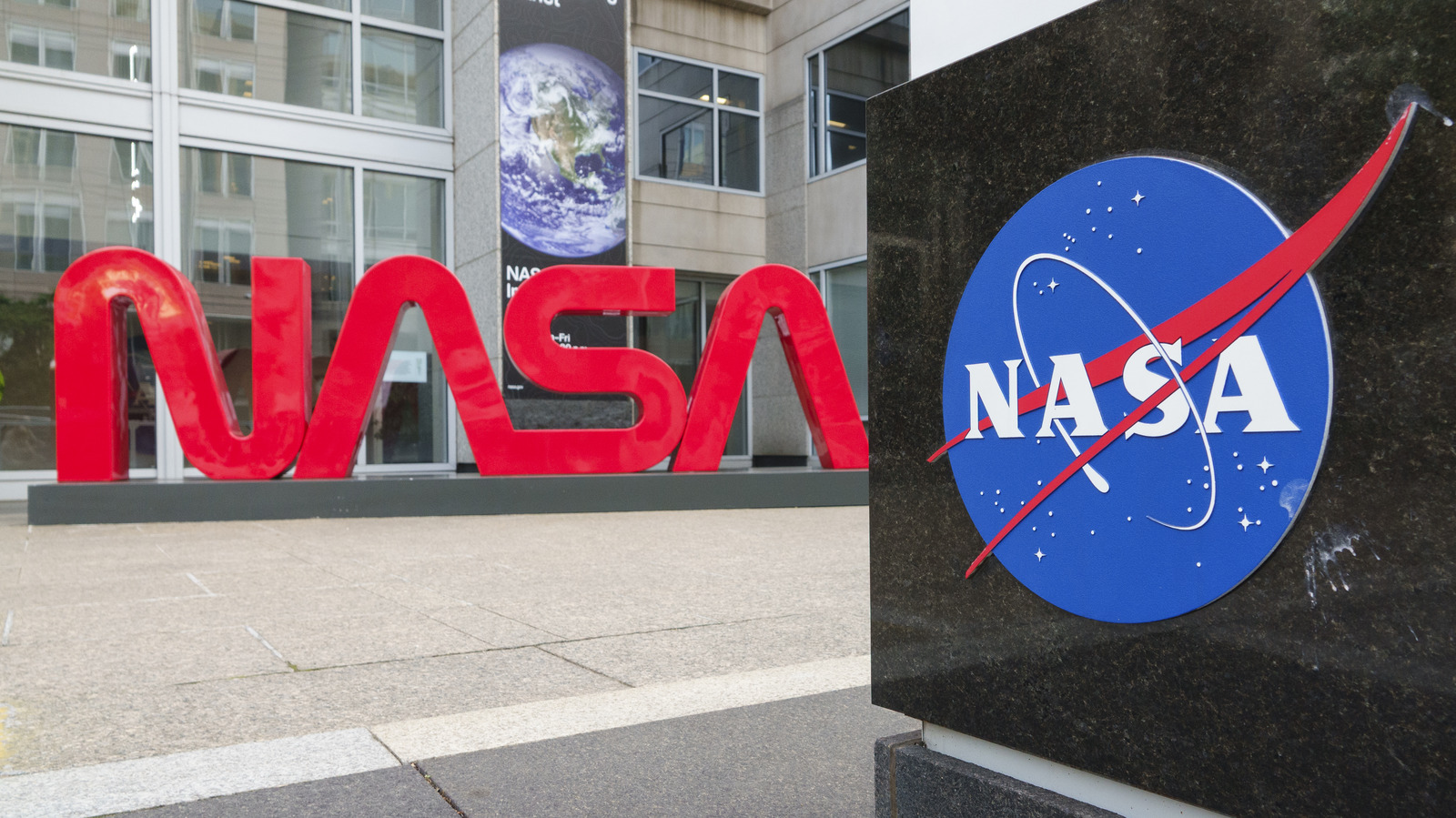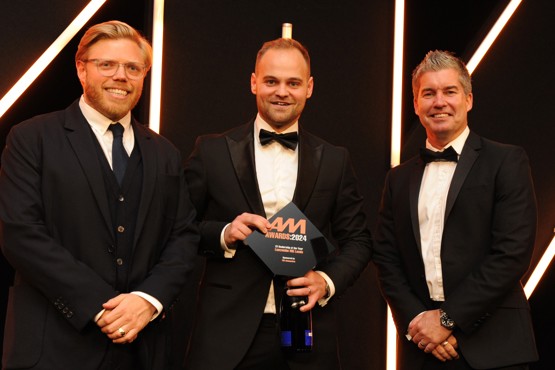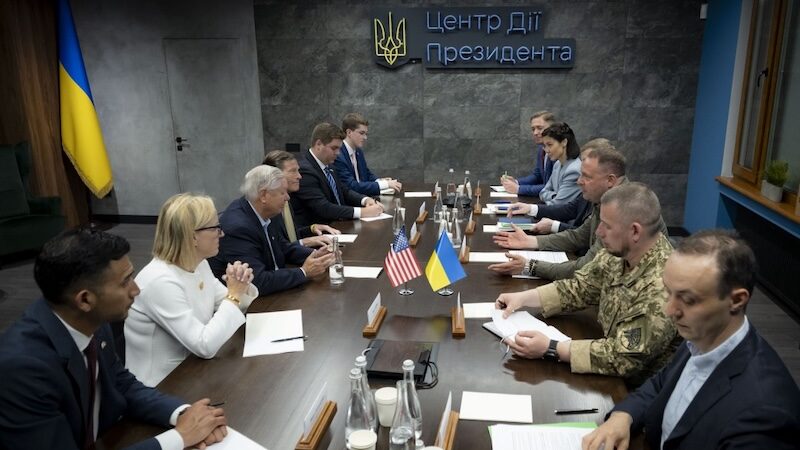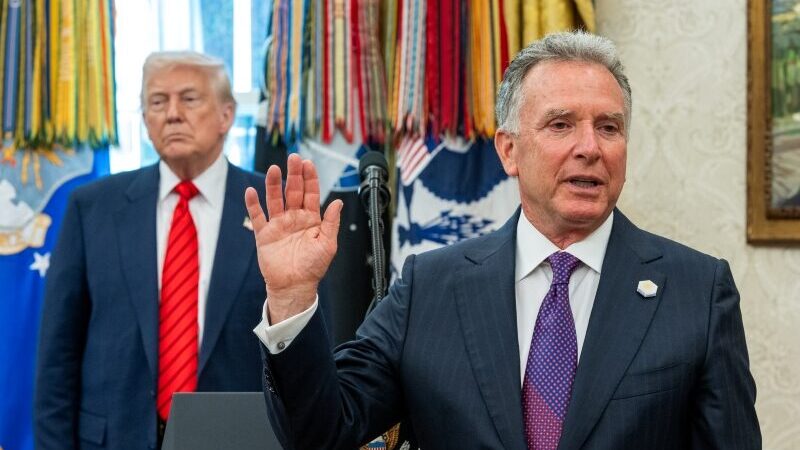STAT+: Pharmalittle: We’re reading about a vaccine adviser’s conflicts, a pharma court win in Minnesota and more
And so, another working week will soon draw to a close. Not a moment too soon, yes? This is, you may recall, our treasured signal to daydream about weekend plans.…

And so, another working week will soon draw to a close. Not a moment too soon, yes? This is, you may recall, our treasured signal to daydream about weekend plans. Our agenda is, so far, rather modest. We plan to catch up on our reading, promenade with the official mascots and escort Mrs. Pharmalot to a soiree. We hope to find time for another listening party, where the rotation will likely include this, this, this, this and this. And what about you? This is a lovely time of year to enjoy the great outdoors, a perennial aspiration of ours. After all, hiking trails, boardwalks and country roads are beckoning. You could also take a moment to curl up with a good book or perhaps enjoy some fun food. Or you might want to simply plan the rest of your life. Well, whatever you do, have a grand time. But be safe. Enjoy, and if Dad is around somewhere, take a moment to say hello. See you soon…
The Trump administration is pushing pharmaceutical companies to begin negotiations to bring their drug prices in line with what other countries pay — usually far less than Americans, STAT tells us. “Under President Trump’s direction, HHS is demanding that pharmaceutical companies end their obstruction and come to the table—just as they already do with nearly every other economically comparable nation—to negotiate fair, transparent pricing for Americans,” an agency spokesperson said in a statement to STAT, adding that the companies were “prevent[ing] progress of lowering prices for the American people.” The HHS spokesperson did not immediately clarify how companies were preventing that progress. The statement comes after pharmaceutical executives said they were expecting more details about the kinds of drugs that would be up for negotiations and the price targets for them.
Two new vaccine advisers tapped by U.S. Health and Human Services Secretary Robert F. Kennedy Jr. have served as paid expert witnesses for plaintiffs suing Merck over some of its inoculations targeting measles, mumps and cancer, Bloomberg News reports. Robert Malone, a scientist who has espoused debunked theories about the safety of vaccines, along with Martin Kulldorff, a Harvard-trained epidemiologist who has studied their side effects, were added to the U.S. Centers for Disease Control and Prevention committee on immunization policy. Both men have been hired by plaintiffs’ attorneys in the past to opine about Merck’s handling of its vaccines, court filings show. Kulldorff racked up thousands of dollars in expert-witness fees working for plaintiffs alleging Merck hid the risks of its Gardasil vaccine aimed at preventing cancers tied to human papillomavirus. The first jury trial over the Gardasil claims is set for September in state court in Los Angeles. Malone served as a $350-per-hour expert hired to prepare a report for plaintiffs in antitrust litigation accusing Merck of misleading regulators about the effectiveness of its vaccines for mumps, measles and rubella to protect its market share.























